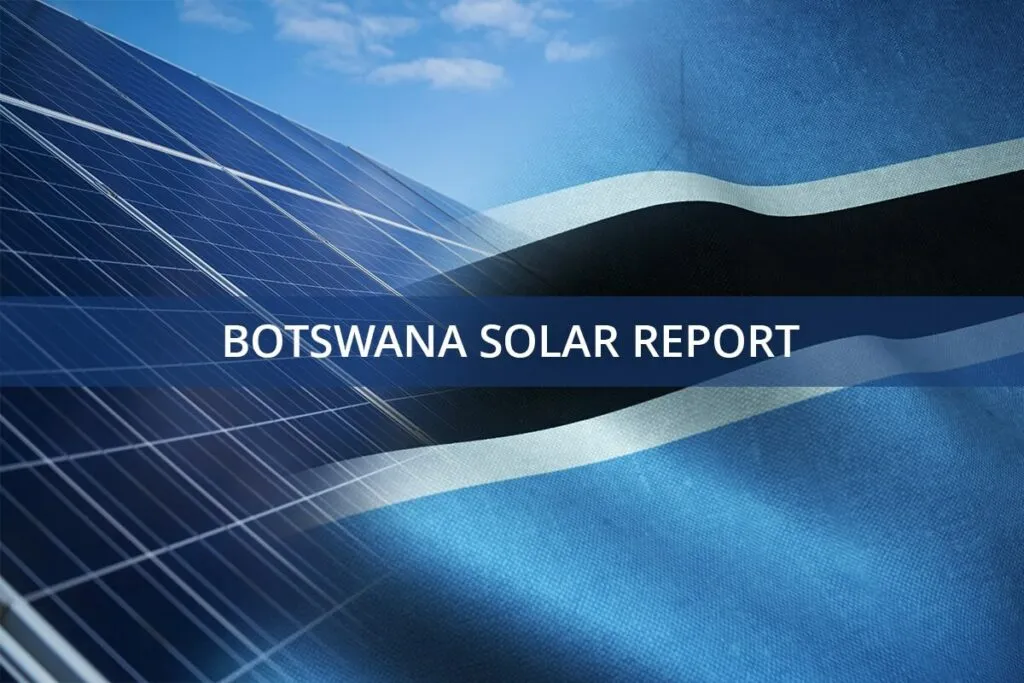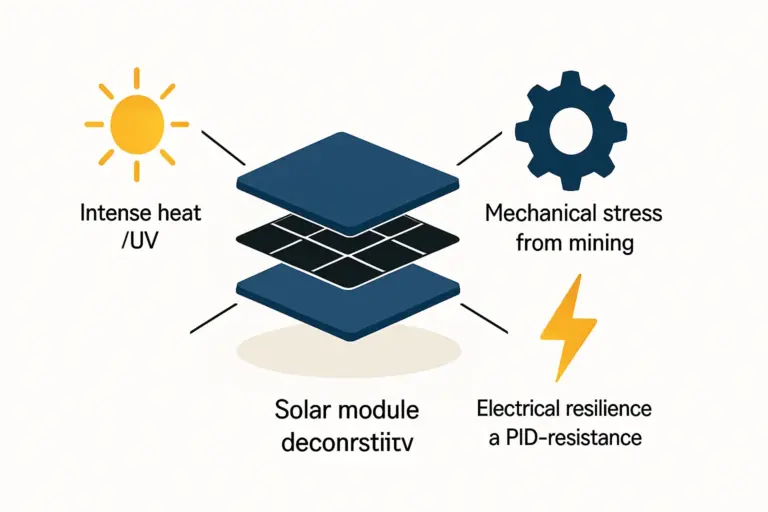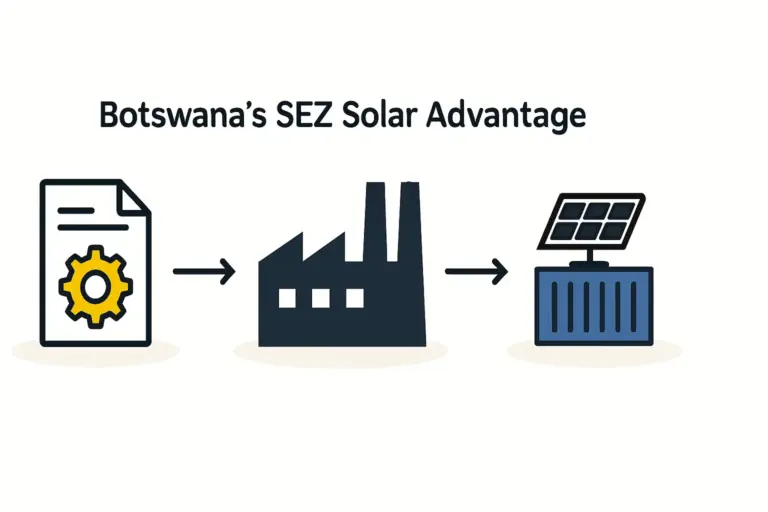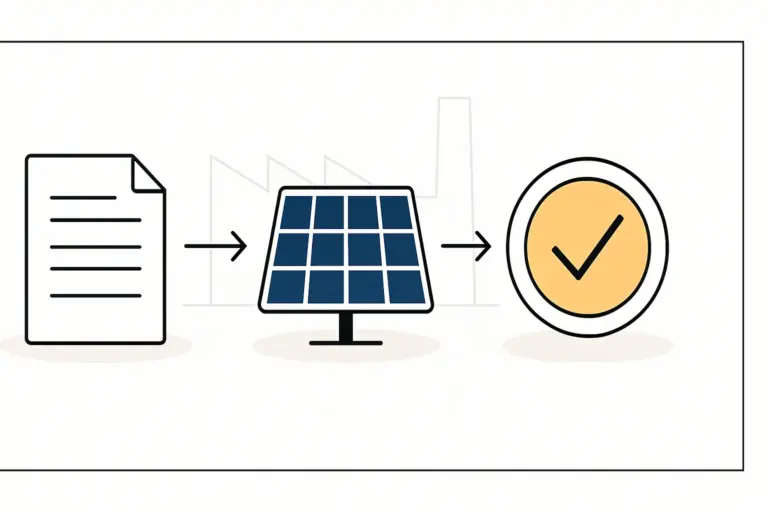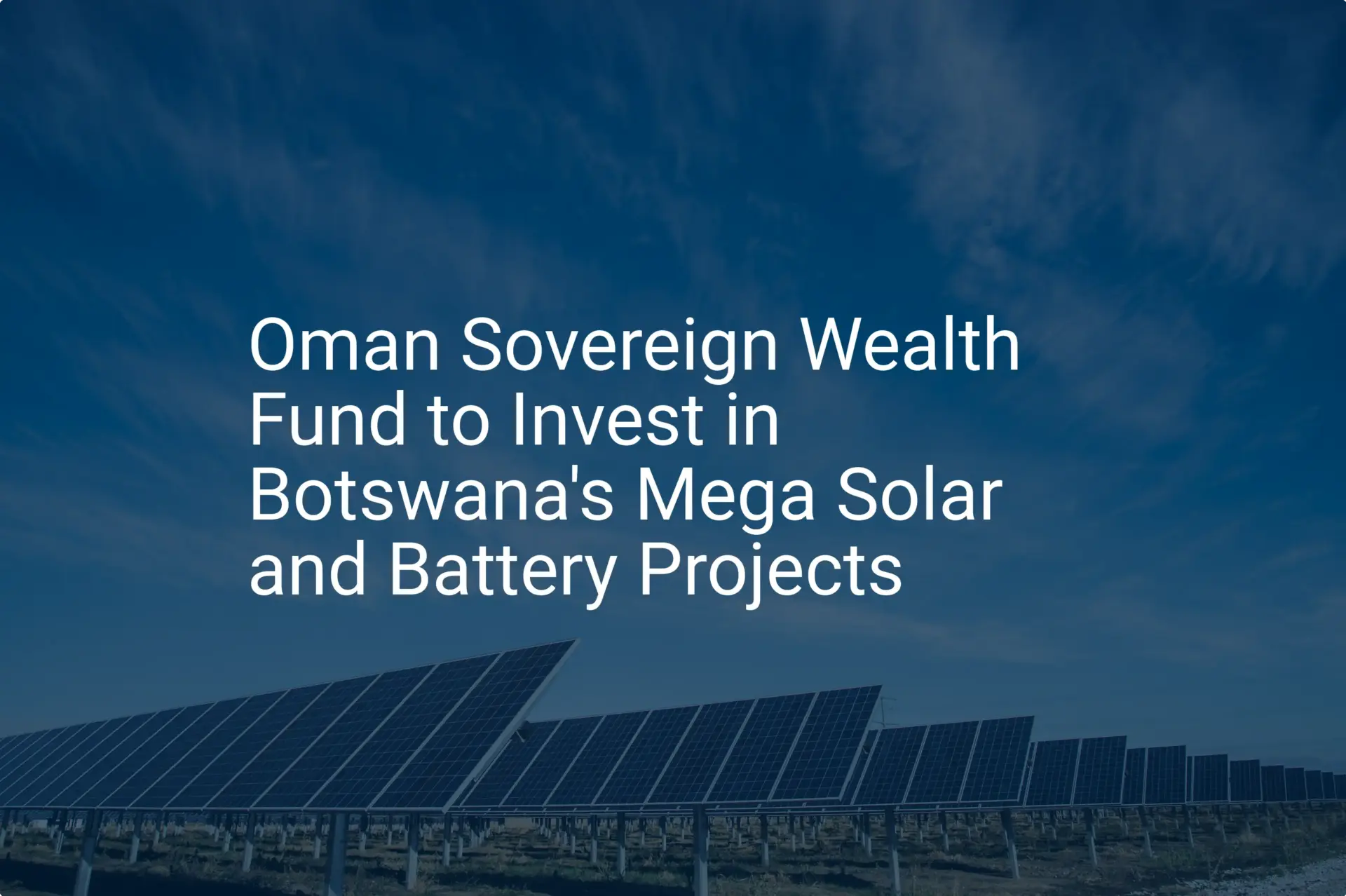Entrepreneurs looking to establish a manufacturing facility in Botswana often face a critical choice. The familiar route involves commercial bank loans, known for their stringent collateral requirements and a short-term focus on profitability. In contrast, the less-travelled path is national development finance.
In Botswana, this second path leads to key institutions like the Botswana Development Corporation (BDC) and the Citizen Entrepreneurial Development Agency (CEDA)—organizations designed not just to fund projects, but to build the nation’s industrial future.
Navigating this landscape is crucial for any serious investor, particularly those entering capital-intensive sectors like solar module manufacturing. This guide offers a clear overview of Botswana’s key development finance institutions, outlining their mandates, application processes, and investment criteria.
Table of Contents
Why Botswana’s Financial Ecosystem Merits Attention
To appreciate the role of these institutions, it helps to understand the economic context in which they operate. Botswana has long been recognized for its stable political and macroeconomic environment. With a sovereign credit rating of ‘BBB+’ from S&P Global Ratings, the nation offers a level of reliability that is attractive to long-term investors.
The government is strategically focused on economic diversification to move beyond its historical reliance on diamond mining. Initiatives like establishing Special Economic Zones (SEZs) are designed to attract investment in new sectors, including manufacturing, renewable energy, and technology. Within this national strategy, BDC and CEDA play pivotal roles.
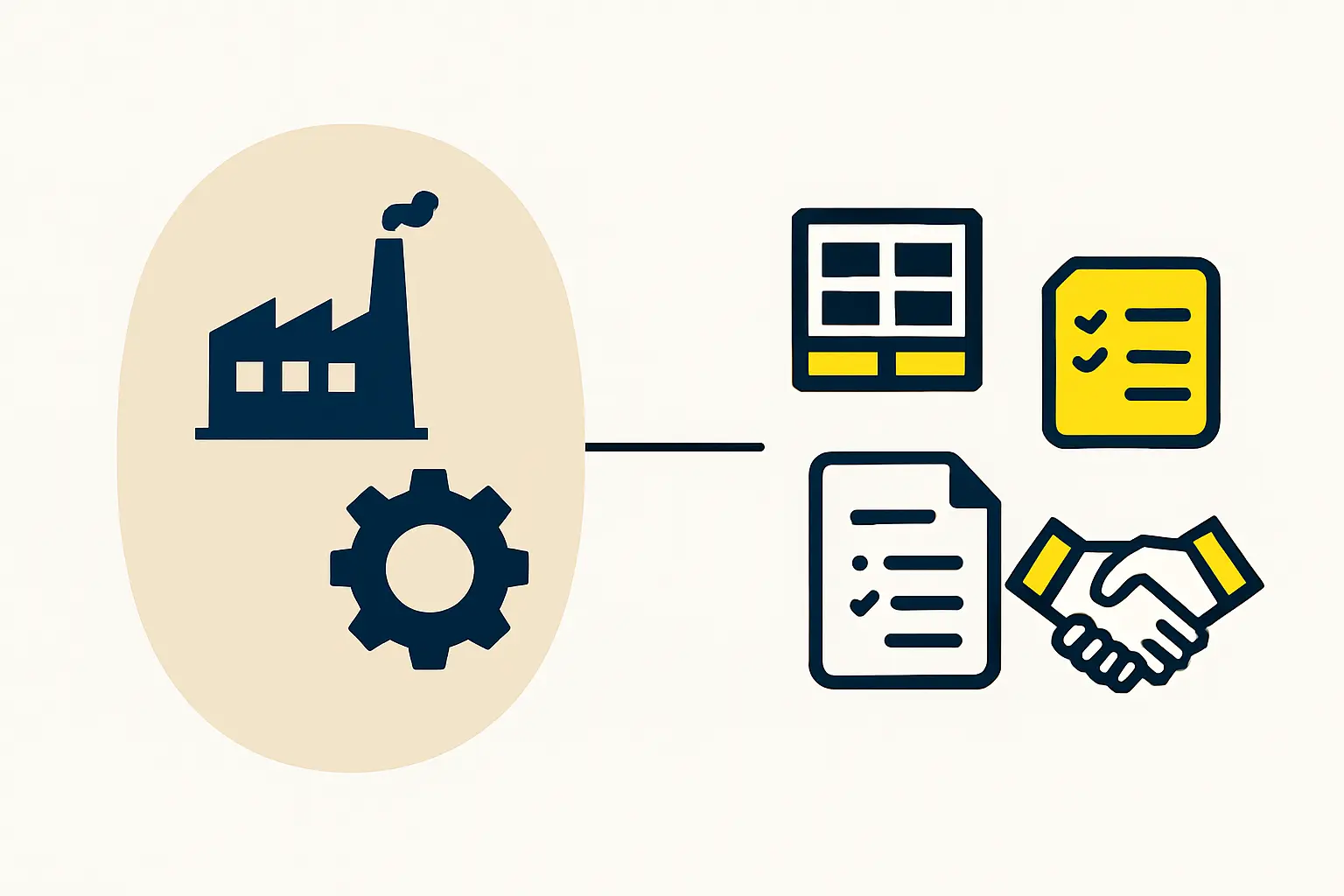
The Botswana Development Corporation (BDC): The Nation’s Investment Arm
Established in 1970, the BDC is the principal investment arm of the Government of Botswana, mandated to act as a catalyst for commercially viable development across the industrial, commercial, and agricultural sectors. The BDC functions as a strategic partner, often taking a long-term view that distinguishes it from a traditional commercial lender.
For an entrepreneur planning a significant industrial project, such as a solar module manufacturing facility, the BDC is a key potential partner.
BDC’s Core Investment Criteria
The BDC evaluates projects based on a blend of commercial and developmental metrics. Proposals are more likely to succeed if they clearly demonstrate:
-
Commercial Viability: The project must have a robust business plan showing a clear path to profitability and sustainability.
-
Job Creation: The potential to generate meaningful employment for Botswana’s citizens is a key consideration.
-
Citizen Economic Empowerment: Projects that include citizen ownership, skills transfer, or partnerships with local businesses are viewed favorably.
-
Export Potential: The ability to generate foreign currency through exports strengthens an application.
-
Alignment with National Strategy: Projects in priority sectors, such as renewable energy, manufacturing, and technology, are of particular interest.
Financing Instruments Offered by BDC
The BDC offers a flexible range of financing solutions tailored to a project’s needs, which are often more accommodating than standard bank debt. These include:
-
Equity Participation: The BDC may take a minority or, in some cases, a majority stake in a project.
-
Debt Financing: Providing loans with terms structured to match the project’s cash flow projections.
-
Loan Guarantees: Assisting projects in securing financing from other commercial institutions.
-
Property Development: Providing serviced industrial and commercial properties for businesses to operate from.
Based on experience from J.v.G. turnkey projects, a comprehensive and bankable business plan for a solar factory is the most critical element for engaging with an institution like the BDC. Its due diligence process is thorough, and a well-prepared plan signals a professional and serious approach.
The BDC Application and Approval Process
Navigating the BDC process requires patience and preparation. It generally follows a structured, multi-stage path:
-
Initial Screening: The project proposal is submitted and reviewed for alignment with BDC’s core mandate.
-
Due Diligence: A detailed investigation of the project’s technical, financial, and commercial feasibility is conducted. This is the most intensive phase.
-
Project Appraisal: The BDC team prepares a comprehensive report and recommendation for its internal committees.
-
Board Approval: The final investment decision is made by the BDC Board of Directors.
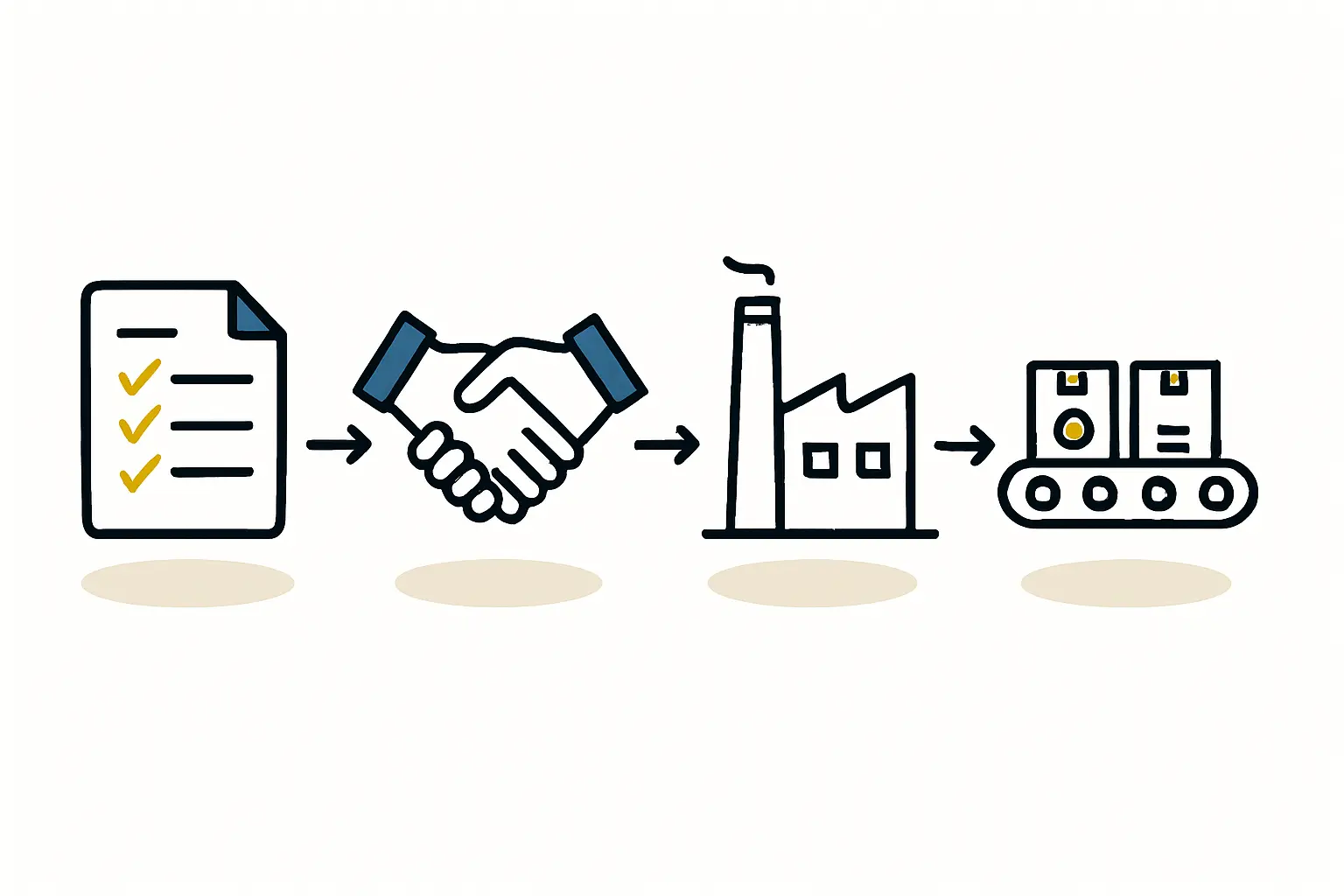
The Citizen Entrepreneurial Development Agency (CEDA): Fostering Local Enterprise
While the BDC often focuses on larger-scale and joint-venture projects, CEDA has a distinct and complementary mandate: to develop and support sustainable citizen-owned businesses. Established in 2001, CEDA provides funding, training, and mentorship to empower Batswana entrepreneurs.
For a foreign investor, CEDA becomes relevant primarily through joint ventures with citizen partners. Understanding its role is key to building strong local partnerships.
CEDA’s Mandate and Target Group
CEDA’s primary objective is to foster entrepreneurship among the citizens of Botswana. Its services are exclusively for businesses that are 100% citizen-owned or are majority citizen-owned joint ventures.
The agency’s support extends beyond financing. It includes:
-
Subsidized Loans: Offering funding at favorable interest rates.
-
Business Mentoring: Providing guidance and oversight to new entrepreneurs.
-
Training and Development: Equipping business owners with the skills needed for success.
Businesses looking to establish a local supply chain or partner with local service providers will find that many of their potential partners are supported or funded by CEDA.
Preparing a Compelling Financing Proposal
Whether approaching the BDC or supporting a local partner applying to CEDA, the quality of the proposal is paramount. Success hinges on demonstrating a deep understanding of both the project’s commercial aspects and its alignment with Botswana’s national development objectives.
Key Elements for Success:
-
A Bankable Business Plan: This document must be exhaustive—covering market analysis, technical feasibility, financial projections, and risk mitigation—as it forms the basis of the entire evaluation.
-
Clear Developmental Impact: Quantify the project’s benefits in terms of jobs created, skills transferred, and potential for exports.
-
Realistic Financial Projections: Investment requirements must be thoroughly researched and justified, with assumptions clearly stated.
-
Strong Management Team: Demonstrate a team with the requisite technical and business management experience.
Platforms like pvknowhow.com provide structured educational resources that can assist an entrepreneur in preparing the technical and financial components required for such a detailed business plan.
Frequently Asked Questions (FAQ)
Can a foreign-owned company receive financing from the BDC?
Yes. The BDC is mandated to finance commercially viable projects and actively seeks foreign direct investment. Foreign-owned companies can apply directly. However, proposals that include meaningful citizen participation through joint ventures or local partnerships are often viewed more favorably, as they align with national empowerment goals.
What is the typical timeline for a funding decision from the BDC?
The timeline can vary significantly depending on the project’s complexity. A well-prepared application with all necessary documentation can move through the process in six to nine months. However, projects requiring extensive due diligence or facing other complexities may take longer.
Is CEDA only for small-scale businesses?
While CEDA has programs for micro-enterprises, it also supports a wide range of business sizes, from small to medium and large enterprises. The defining criterion is citizen ownership, not the scale of the business.
What are the most common reasons for an application being rejected?
The most common reasons for rejection are an incomplete or unconvincing business plan, a failure to demonstrate clear commercial viability, poorly supported financial projections, and a misalignment with the institution’s strategic or developmental objectives. Meeting these core requirements is crucial.
Does BDC finance projects in the renewable energy sector?
Yes, the energy sector, particularly renewable energy, is a priority area for the BDC, aligning with the government’s goals of economic diversification and energy security. A proposal for a turnkey production line for solar modules, for instance, would fit squarely within its areas of interest.
Conclusion: A Strategic Path to Investment
For the international investor or local entrepreneur, Botswana’s development finance institutions offer a powerful alternative to traditional financing. The BDC and CEDA are not simply lenders; they are strategic partners in the nation’s economic development.
Successfully engaging with them requires a shift in perspective—from a purely transactional approach to one of partnership. By thoroughly preparing a business case that demonstrates both commercial strength and a clear contribution to Botswana’s national goals, an entrepreneur can unlock a financing route structured for long-term, sustainable success. The first step on this path is always a meticulously prepared, data-driven, and credible business plan.

